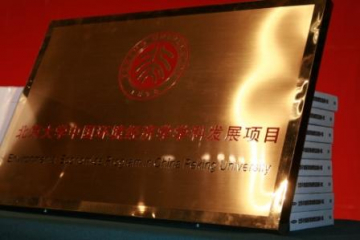On Social Sanctions and Beliefs: A Pollution Norm Example
A prevailing view in the literature is that social sanctions can support, in equilibrium, high levels of obedience to a costly norm. The reason is that social disapproval and stigmatization faced by the disobedient are highest when disobedience is the exception rather than the rule in society.


